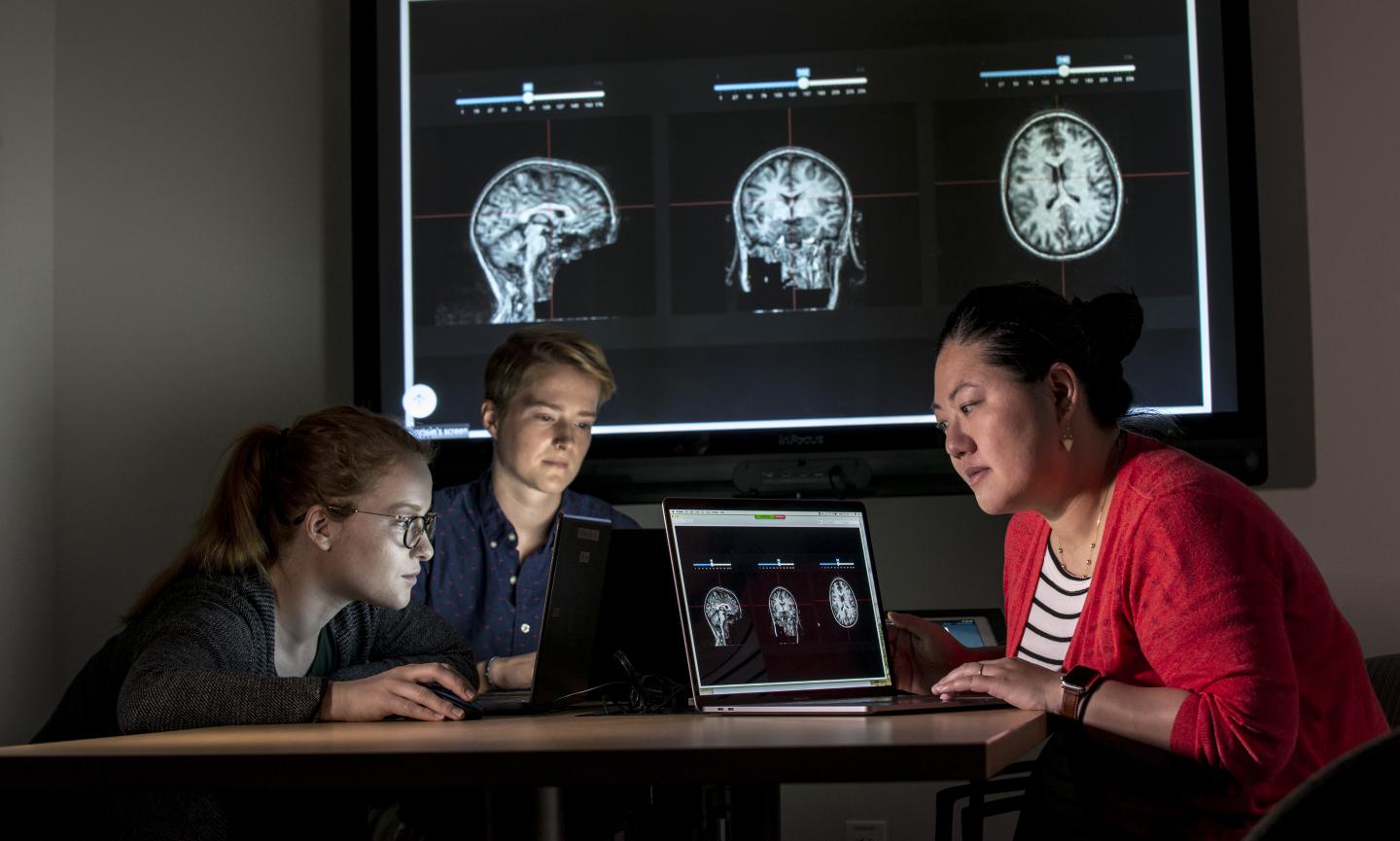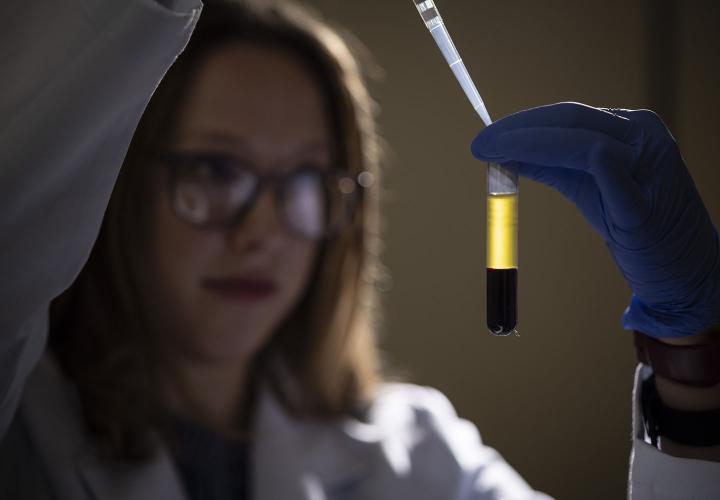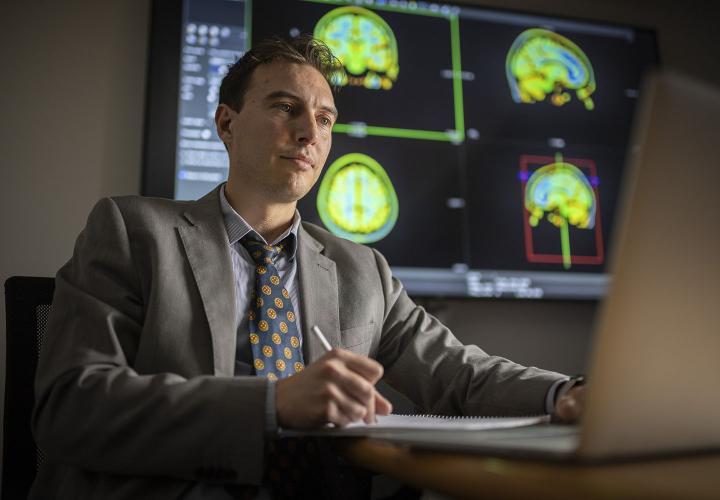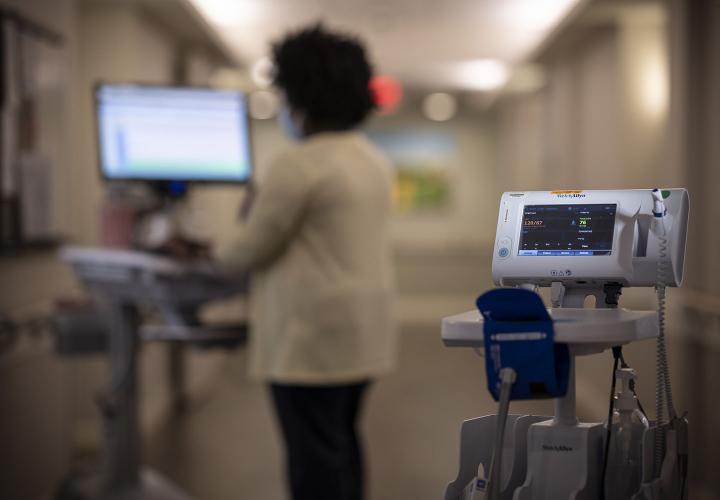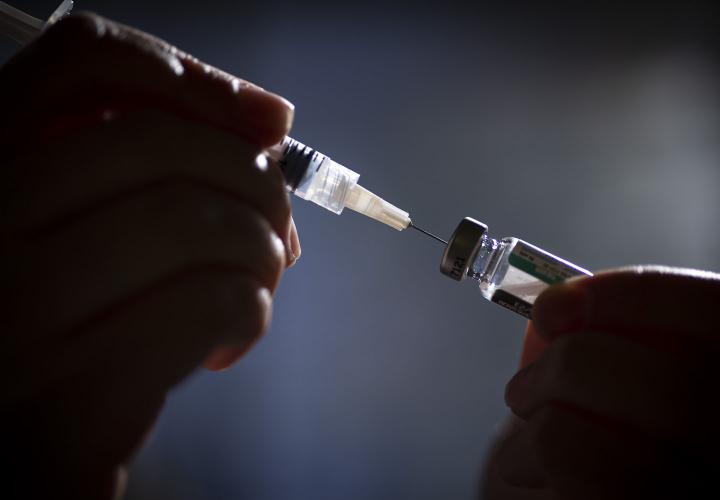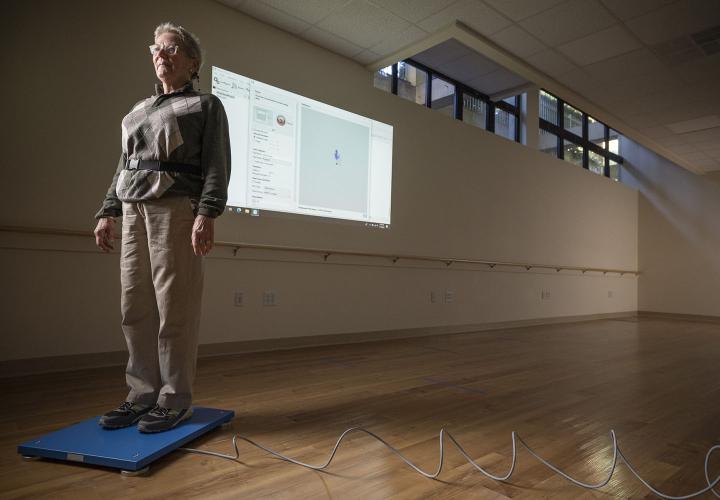Changing the Standard of Care
Aging is a universal journey. It’s essential to continue expanding our understanding to promote well-being for everyone across the lifespan. The Marcus Institute is an affiliate of Harvard Medical School, and we partner with leading research organizations around the world. Our research portfolio ranks us in the top 10 percent of institutions funded by the National Institutes of Health.
Our Vision and Innovation
The Marcus Institute has been focused on finding answers to the concerns of older adults since before geriatrics formally started as a specialty. Throughout our history, we have challenged common assumptions about aging and uncovered innovative treatments and best practices that help people live longer, more active, and more fulfilling lives.
Who We Are
With senior faculty who are renowned investigators and a pipeline of talented mid-level and junior faculty bringing exciting new ideas, skills, and energy to the Marcus Institute, we are poised to continue our important contributions to the health and well-being of older adults for decades to come.
Join a Research Study
Would you like to take part in research about how people age, and how we can improve quality of life as we get older? The Marcus Institute often seeks participants for clinical trials about cognitive impairment, falls, fractures, and more.
